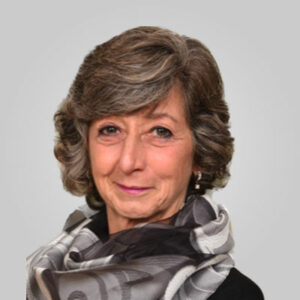
Dr. Adeera Levin
Professor of Medicine and Head of the Division of Nephrology at the University of British Columbia
Dr. Adeera Levin is Professor of Medicine and Head of the Division of Nephrology at University of British Columbia. She is the Executive Director of the BC Provincial Agency, responsible for the planning, and delivery of kidney services in BC. She was Co-director of the Clinical Investigator Training Program at UBC, and is Curriculum Chair of the KRESCENT program , a unique pan-Canadian training program for Kidney Scientists, co funded by CIHR, Kidney Foundation of Canada and Canadian Society of Nephrology.
Her research interests are in early CKD, variability of progression and co-morbidities, health care delivery and outcomes research. She has contributed to the understanding of CKD trajectories, definitions and clinical care through numerous research activities and guideline development work. Dr. Levin is the principal investigator of a pan-Canadian study, Can-PREDDICT: Prediction of dialysis, death and interim cardiovascular events in CKD: a cohort study of over 2500 patients with biosamples followed for up to 5 years. She was the national lead for SHARP, and is currently the co lead for CREDENCE.
Dr. Levin has won numerous awards for teaching and research. She is a recipient of the Order of Canada and has received the Kidney Foundation of Canada Medal for Research Excellence and the Aubrey J. Tingle Prize in recognition of a body of work which has impacted patients in BC and elsewhere. She was inducted in the Canadian Academy for Health Sciences in 2014. She was elected President of the International Society of Nephrology 2015-17.
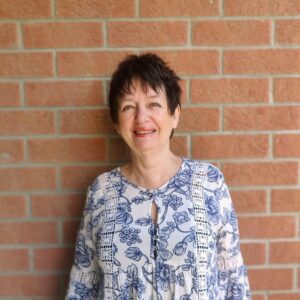
Anne MacPhee
Patient Partner
My name is Anne MacPhee and I am from Halifax, Nova Scotia. I am retired now but I did work for CIBC and Bank of Montreal for most of my working career. I am a mother of three and I have one grandchild.
I was introduced to Can-SOLVE CKD by Barbara LeGay, who was one of the initial members. I travelled with Barb to the meetings as her companion because along with Kidney disease Barb was blind. I learned so much from her and spent so much time with her the last eight years. I understood her frustrations with her care at times and her determination to make a difference. Barb died in June 2017. I will never be able to fill her shoes but I do hope that in my own way I will be able carry on as a volunteer with Can-SOLVE CKD and help make life easier for those who follow.
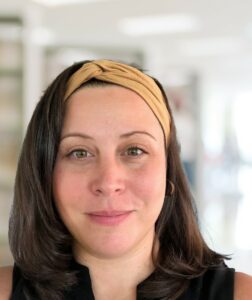
Audrey L’Espérance
Assistant Professor in Health and Social Services Management at École nationale d’administration publique (ENAP)
Audrey L’Espérance is Assistant Professor in Health and Social Services Management at École nationale d’administration publique (ENAP) in Montréal. Audrey completed a PhD in political science at the University of Ottawa and a postdoctoral fellowship at the University of Toronto. Between 2016 and 2022, she was a research associate and chief scientist at the Center of Excellence on Patient and Public Partnership. Her research program focuses on patient and the public engagement in the health ecosystem and on the mobilization and integration of experiential knowledge and expertise in policy development and implementation processes in the health and social services sector. Over the years, she has acquired expertise in program evaluation, public policy analysis and project management in var ious academic and public health settings.
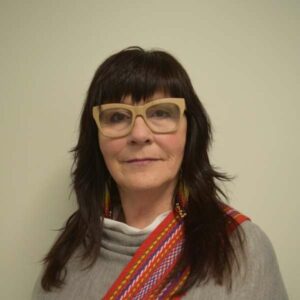
Catherine Turner
Indigenous Liaison Manager at Can-SOLVE CKD Network
Catherine Turner is Red River Métis, her maternal and paternal families originate from the historic Red River Settlement in Manitoba. As the Indigenous Liaison Manager for the network, Catherine Turner is responsible for brokering and maintaining meaningful and authentic partnerships with Indigenous communities, organizations, Elders, Knowledge Keepers, and Can-SOLVE CKD Network. Her work will guide network members and project teams in ensuring culturally safe and respectful engagements and implementation and evaluation of programs. Catherine is committed to amplifying Indigenous voices within the network and to advancing the inclusion of Indigenous ways of knowing and being throughout the network’s activities and work. Additionally, she will serve as the network’s liaison with Indigenous organizations such as the National Indigenous Diabetes Association, First Nations Health Authority and others.
Catherine is the past Chairperson of the National Aboriginal Diabetes Association and served as an executive board member for eleven years. Catherine has worked in health and primary prevention programs with Indigenous and First Nations communities for the past three decades, including administering an Aboriginal diabetes initiative for eight years. Recently Catherine completed a Pilot Indigenous Coach training, certified program, as well as a Trauma Informed Coach Certification program.
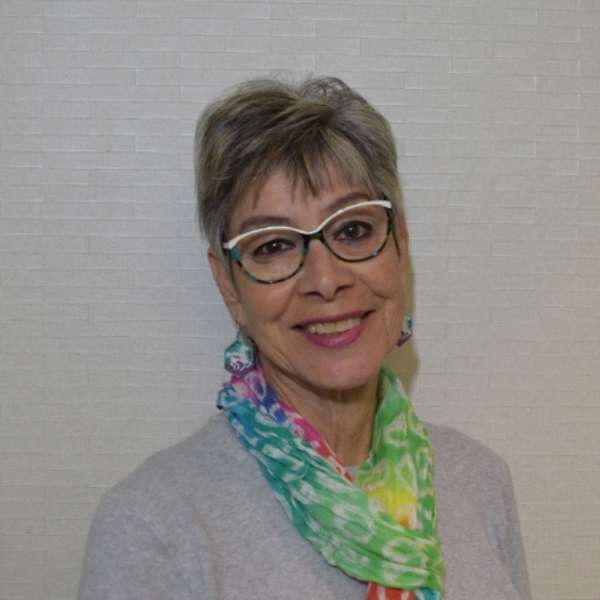
Cathy Woods
Patient Partner Lead for Kidney Check
Cathy Woods is a proud Anishinaabe woman originally from Northwestern Ontario now living on Treaty 1 land (Winnipeg Manitoba). Her traditional name is Giwetashked Giniw Ikewe (Circling Golden Eagle Woman) and the Polar Bear Woman of the Bear clan. Cathy recently retired from the Manitoba Government and General Employees Union where she worked as the Indigenous Liaison Specialist. Cathy is a graduate of Red River College with a diploma in municipal engineering technology.
Cathy has been involved as a patient partner with Can-SOLVE CKD since the network’s formation. She is the patient partner lead of the Kidney Check research project, which seeks to screen, triage, and treat Indigenous people living in rural and remote communities across Manitoba, Alberta, and British Columbia. Cathy also served as a founding co-chair of the Can-SOLVE CKD Patient Council and the Indigenous Peoples’ Engagement and Research Council, and she continues to be a member of these committees as well as many others within the network.
Cathy views her journey of kidney disease as her chance to give back to her community and to those who assisted her in dealing with her disease.
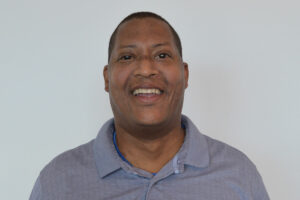
Charles Cook
Patient Partner
My name is Charles Cook. I have just completed my first year as a member of the PGC. I have been a patient partner with Can-SOLVE CKD since 2018. I have participated in several research projects during my time with Can-SOLVE. My favourite and most rewarding project thus far has been as an ambassador in the Transplant Ambassador Program. I am 5.5 years post kidney transplant.
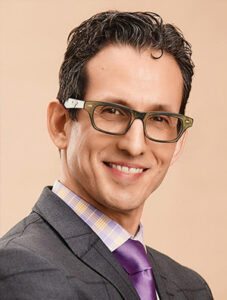
Dr. Claudio Rigatto
Kidney Specialist and Professor of Medicine at the University of Manitoba
Dr. Claudio Rigatto is a kidney specialist and a Professor of Medicine at the University of Manitoba, as well as a Research Scientist and Academic Director at the Chronic Disease Innovation Centre. Dr. Rigatto is a recognized expert in biomarkers, point-of-care lab testing, telemonitoring and risk prediction in kidney disease. His current work is focused on using digital health technology to help patients safely and confidently treat and monitor their kidney disease at home. As a researcher, he has published over 180 peer reviewed articles, has presented at numerous national and international meetings, and has held leadership positions in various academic and health care institutions and networks. As a strong advocate of patient centered care, he is committed to working with all sectors of the health care system to achieve a more patient centred health care system.
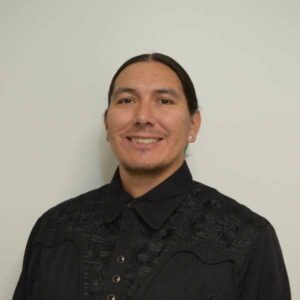
Craig Settee
Cultural Competency Manager at Can-SOLVE CKD Network
Craig Settee is Anishinaabe and Néhinaw (Swampy Cree) from Fisher River Cree Nation and grew up in Winnipeg, Manitoba. He is a living kidney donor to his brother and previous patient partner with the Network. He brings this lived experience to his role as Cultural Competency Manager.
Craig has several years of experience working as a cultural support worker, action therapist and community organizer with First Nations and inner-city community-based organizations. He is passionate about increasing Indigenous representation and amplifying Indigenous voices to foster more collaborative working relationships. He is a strong believer in patient-oriented research and provides support to Indigenous patient partners, projects and partnerships within the Can-SOLVE CKD Network.
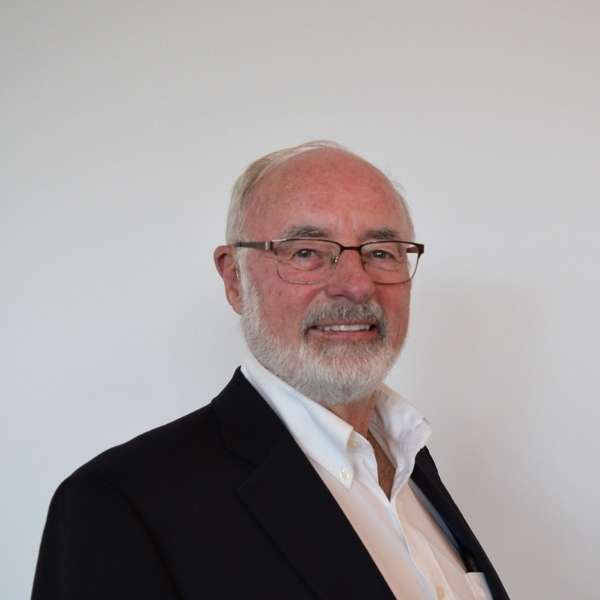
David Hillier
Patient Partner
I am a retired finance executive having worked for over 35 years within the financial services industry, primarily within the Toronto market. I have a wife, two daughters and a granddaughter. I was raised in Ottawa, Ontario and come from a family with nine siblings.
As an advocate and caregiver for family members affected by Polycystic Kidney Disease, I have seen firsthand the medical and hospital care that is provided for CKD patients and have believed that there can be better, more effective health care models based on patient-focused research. I have been extremely impressed with the approach and structure of the Can-SOLVE CKD initiative since being asked to participate as a patient representative.
All research projects and funding proposals are not only being vetted by clinicians and researchers but more importantly with the involvement of patients and caregivers, through a patient-focused “lens”. This ensures that research outcomes will be more directly linked to the priorities that have been articulated by CKD patients. Based on these research initiatives, funding bodies will be assured that their investment will lead directly to patient outcomes and result in a significantly greater “bang for the buck”.
Based on my involvement with Can-SOLVE CKD, I am now, far more optimistic that the funding, research and outcomes will dramatically improve the quality of life for CKD patients and caregivers.
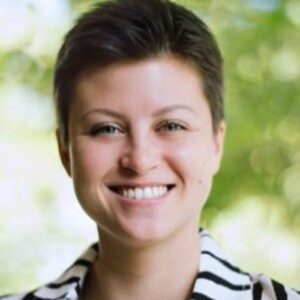
Eleanora Bogdanova
Project Manager at the Centre of Excellence on Partnership with Patients and the Public
Eleonora Bogdanova is a project manager at the Centre of Excellence on Partnership with Patients and the Public. She has worked multiple years in research on the experiences of caregivers, immigrant elderly in Quebec, and identity (re)construction throughout the life course. At the CEPPP, Eleonora has particularly been involved in projects on evaluation of patient partnership in various contexts of care and research, and currently focuses on partnership with caregivers in health and social services.
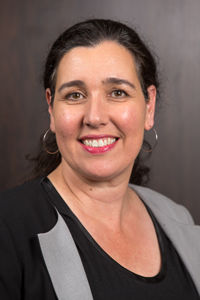
Elizabeth Myles
National Executive Director at The Kidney Foundation of Canada
Elizabeth Myles has led The Kidney Foundation of Canada since 2015 as National Executive Director, based in Montreal, Quebec. Under her leadership, the Foundation is focused on improving patient outcomes and ultimately finding a cure through strategic investment in research; optimizing support programs to best meet the needs of those impacted by kidney disease; empowering people to manage their kidney health through education and awareness, and driving policy and systems change for equitable access to treatment.
Prior to joining The Kidney Foundation, she held positions as Interim CEO, Chief Operating Officer, and Director of Communications and Public Policy at the World Federation of Hemophilia, an international charity dedicated to improving care for people with bleeding disorders.
Elizabeth is a member of the Organ Donation Transplantation Collaborative (ODTC), led by Health Canada, and several of its subcommittees. She also serves on the board of directors of the Health Charities Coalition of Canada and the National Liaison Committee of Canadian Blood Services. She is a former board member of the International Federation of Kidney Foundations.
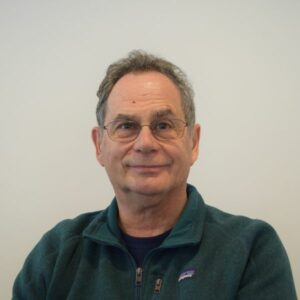
Dr. James Scholey
Professor of Medicine and Physiology and a Physician Scientist in the Department of Medicine at the University of Toronto
Dr. James Scholey is a Professor of Medicine and Physiology and a Physician Scientist in the Department of Medicine at the University of Toronto. He is also a Senior Scientist in the Toronto General Research Institute and a staff physician in the Division of Nephrology in the Department of Medicine at the University Health network and Mount Sinai Hospital.
Dr. Scholey’s research focuses on mechanism(s) responsible for the progression of chronic kidney disease with a special interest in diabetic nephropathy and the renin angiotensin system. His laboratory employs cell-based and murine models of kidney injury. He also has a longstanding interest in the physiology of human diabetic kidney hyperfiltration and the impact of proteinuria on the progression of glomerulonephritis.
Dr. Scholey’s research program in Can-SOLVE CKD is focused on the identification of kidney risk in youth with diabetes mellitus. These studies are a collaborative effort with researchers at the Hospital for Sick Children in Toronto and researchers at the Children’s Hospital Research Institute in Winnipeg.
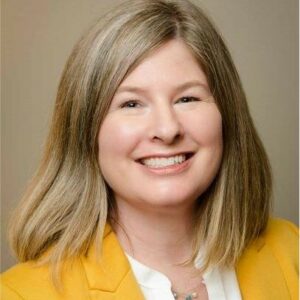
Jennifer Campbell
Senior Advisor with the Canadian Institutes of Health Research
Jennifer Campbell is a Senior Advisor with the Canadian Institutes of Health Research where she plays a key role in initiatives aimed at supporting evidence-informed decision making by senior policy and decision makers in ministries across Canada. Her work has focused in the area of health care renewal, managing CIHR’s Evidence-Informed Healthcare Renewal Roadmap Signature Initiative and KT initiatives such as Evidence on Tap. Jennifer has over 15 years of experience in the public and charitable sectors, managing partnerships, knowledge translation programs and developing strategic initiatives in the health research arena with a main focus on supporting linkages among researchers and policy makers. Jennifer has a Bachelor of Science in Health Studies from the University of Waterloo; and a Master of Arts in Human Systems Intervention from Concordia University.
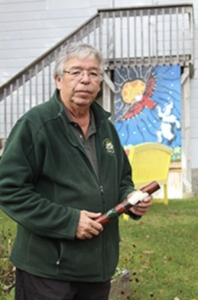
Elder Joe Michael
Mi’kmaq Elder
Mi’kmaq (Mig Maw) Elder Joseph Michael, of Indian Brook, Nova Scotia, is an inspirational spiritual leader within Nova Scotia’s Mi’kmaq community and a retired RCMP Officer who developed the RCMP’s Aboriginal Community Policing model still in use today.
One of Elder Joe’s biggest passions is communication. A believer in positivity, he emphasizes listening empathically and building connections with others. Elder Joe Michael was named the first Elder in Residence at the Mount Saint Vincent University in the fall of 2018. In this role, Joe works with the Aboriginal Student Centre (ASC) team in advancing the university’s efforts in support of Indigenous learners and communities, including increasing awareness and understanding of Indigenous culture and issues.
Joe is no stranger to the Mount community. He has often led Indigenous ceremonies on campus and has been part of classroom discussions on Mi’kmaq culture. He is also a Pipe Carrier and a maker of customized Talking Sticks which can be found world-wide.
He received an honorary Doctorate of Humanities degree from Acadia University in May 2019.
Elder Joe is committed to sharing his knowledge of Mi’kmaq language. He enjoys helping students learn the language by teaching its history and meaning. The chance to learn about Mi’kmaq language from Joe has been of particular value to students completing the new Conversational Mi’kmaq for Non-Speakers course (offered at the Mount in partnership with Cape Breton University) – for them, he has provided an opportunity for additional practice, learning and support.
In his capacity at the Mount Saint Vincent University, one of the things he looks forward to most is seeing students he has worked with cross the stage at convocations for years to come. “If I play even a small role in helping students make it to the end of their degree, then I have succeeded.”
Elder Joe Michael served as Peace and Friendship Coordinator at the Mi’kmawey Debert Cultural Centre where he focused on community outreach.
During his 25-year RCMP career he earned the respect he enjoys today from Indigenous and non-Indigenous communities for his unique contribution to Canada’s justice system.
Welcome Elder Joe Michael.
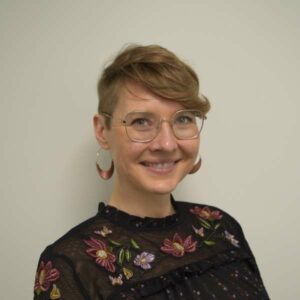
Leah Getchell
Can-SOLVE CKD Network
Leah has held numerous leadership roles and has been facilitating groups for more than 20 years. Her training as an Anthropologist coupled with her natural ability to connect with people makes her a relationship builder extraordinaire. In her current role with Can-SOLVE CKD Network, Leah uniquely combines her academic & professional training with her lived experience with chronic kidney disease (she lost her mother to the illness in 2014). She supports patient partnerships throughout the network and leads the Training & Mentorship committee, tasked with developing and implementing renal focused POR tools and resources. Fun Fact: Leah wanted to be an astronaut when she was little and went to Space Camp when she was 12yrs old.
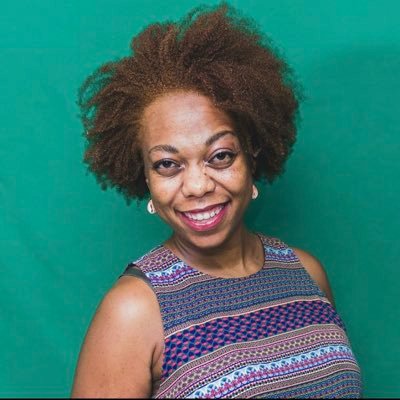
Lydia Joi-Marshall
President of Board of Directors at The Black Health Alliance
As a proud Caribbean Canadian Settler, Lydia-Joi Marshall strives to use her voice to represent her lineage and community in a positive light on every platform. Lydia-Joi earned a BSc in Biology at the University of Western, as well as an MSc. In Human Genetics from Howard University in Washington DC. She currently serves as the President of the board of the directors of The Black Health Alliance, a Toronto based not-for-profit organization, where she diligently works to galvanize leaders to promote positive health awareness within the community. This work is echoed through her public engagements, including various educational workshops. contributing to the development of Federal anti-racists policies in research, as well as her recent TEDx talk on the health impacts of being Black in Canada. Ms. Marshall has a specific research focus on addressing barriers in organ donation and has worked to address these disparities through published work and mobilizing recipients and caregivers to access personalized and equitable care.
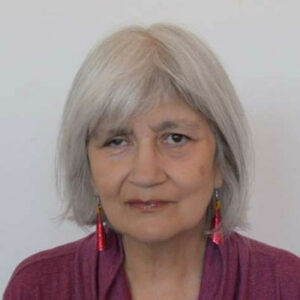
Mary Beaucage
Co-chair of the Indigenous Peoples Engagement Research Council (IPERC)
I am from Nipissing First Nation near North Bay ON. I am an Anishnaabekwe woman who lives a full life with Chronic Kidney Disease after receiving a living kidney from my cousin in 2015. I have been part of the Can-SOLVE CKD family since 2016 and have gradually taken on more responsibilities and leadership roles as the network has matured. As co-chair of the Indigenous Peoples Engagement Research Council (IPERC), I advocate for different ways Indigenous knowledge and perspectives are incorporated into the Can-SOLVE CKD ethos. I am also a patient partner on four Can-SOLVE CKD research teams, a co-chair of the Patient Governance Circle (PGC), and I sit on several committees, including the Research Operations Committee and the Knowledge User/Knowledge Translation Committee.
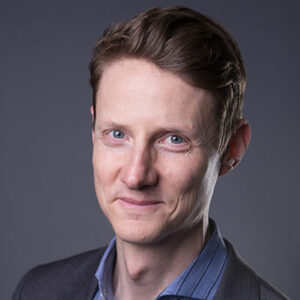
Dr. Matthew James
Specialist in Nephrology and Associate Professor in the Departments of Medicine and Community Health Sciences at the University of Calgary
Dr. Matthew James is a specialist in Nephrology and an Associate Professor in the Departments of Medicine and Community Health Sciences at the University of Calgary. Dr. James received his medical training at the University of British Columbia, and completed nephrology training and a PhD in Epidemiology at the University of Calgary. He is a co-lead of the Alberta Kidney Disease Network (AKDN) and Interdisciplinary Chronic Disease Collaboration (ICDC), director of Research for the APPROACH project, and has been a project lead with the Can-SOLVE CKD Network since the beginning of Phase 1. Dr. James’ research is focused on risk prediction, clinical decision support tools, and pragmatic trials designed to improve the quality of care and health outcomes of kidney and cardiovascular diseases. He holds research funding from the Canadian Institutes of Health Research (CIHR) and Alberta Innovates, and his work has been recognized with a Mid-Career Research Leader Award from the O’Brien Institute of Public Health at the University of Calgary, a Killam Emerging Research Leader Award, and the Monique Bégin Award in Knowledge Translation from CIHR.
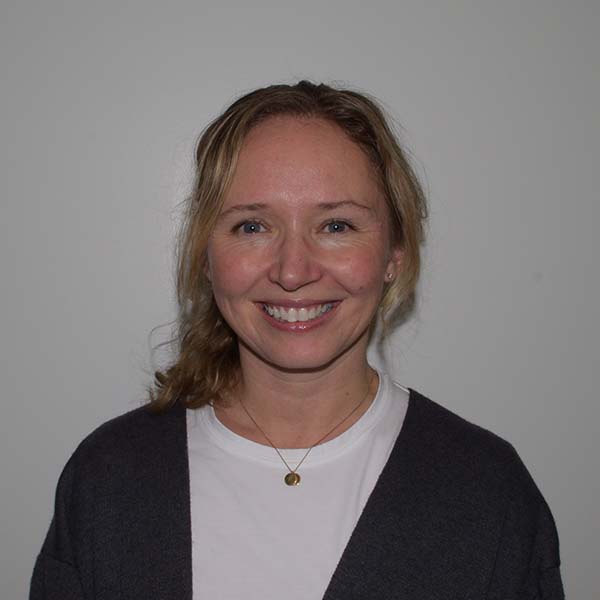
Melanie Talson
Patient Partnerships and Capacity Building Manager at Can-SOLVE CKD Network
Melanie Talson, MA, is a medical anthropologist with a background in qualitative research, patient engagement, co-operative inquiry and participatory action research. She first became involved in the Network as a Research Coordinator for Dr. Bohm on the Triple I and Mind the Gap research projects. Now, she is thrilled to continue to support patient engagement in research as the Can-SOLVE CKD Patient Partnerships and Capacity Building Manager. Believing in the critical importance of conducting research ‘with people not on people’, Melanie maintains a strong emphasis on relationship-building, valuing the expertise patients bring to the research and recognizing patient partners as co-creators of knowledge every step of the way.
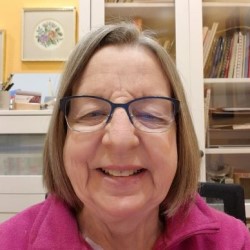
Nancy Verdin
Patient Partner
My kidney journey started on a snowy Feb day in 1988 when I was admitted to the University of Alberta hospital on Saturday night and started hemodialysis on Monday morning. Though I knew that kidney failure required dialysis to sustain life I did not know anything else about kidney disease. Though I had protienurea at the age of 12, at that time I was considered to have weak kidneys. No treatment recommended at that time. Fast forward 16 years and two bouts of severe strep throat as a teenager and there I was. My first 10 years were 3 failed transplants, due to antibody mediated rejection, peritoneal dialysis and finally permanent hemodialysis after my last kidney was lost to cancer. In 1998 I went to incentre hemodialysis which for me was my down time, I read, watched tv, visited with staff and friends. With good diet management and fluid control I was able to work almost full time, played golf, played oboe in an adult band and more. In 2002 I went home on nocturnal dialysis, which was wonderful. Energy, well nourished, well hydrated I felt like a normal person and dialysis was as easy as cleaning my teeth.
I’ve had many ah ha moments since then. The first was that no matter what I was told by my health care team I was always in charge of my care… I had to choose what and how I wanted to do it. The second one was that no matter how much knowledge one has, one can’t emotionally prepare for change and new experiences.
Since those early days I have tried to bring a change in perspective to the dialysis/health care system. Instead of fixing people because they’re broken, focus on healing, recovery and wellness. Bringing rehabilitation in to support patients and families to learn to live with their diagnosis. Energy management, pain management, diet, exercise, activity and peer support. Make mental health care a priority to reduce the added stress and challenges it creates.
To get to my dream the patient and family voice become paramount in helping the people in our health care system to understand how lived experience can shape how treatment is prescribed and administered. Shared decision making is actually about helping the patient and family make choices that are right for them with the support of the people who provide our health care.
The combination of my research knowledge (from my undergrad education and what I have learned as a patient partner in many studies) and my Patient and Community Engagement Research (PaCER) education has given me some real insight to how blended studies can be done to bring the patient and family voice into gaining a deeper understanding and context to the data collected and the interpreting and analysis of that data. Bringing the patient and family voice at the very beginning when ideas for studies are evolving, helping to design studies for implementation that will affect the people living with kidney disease benefiting all people connected to the kidney world.
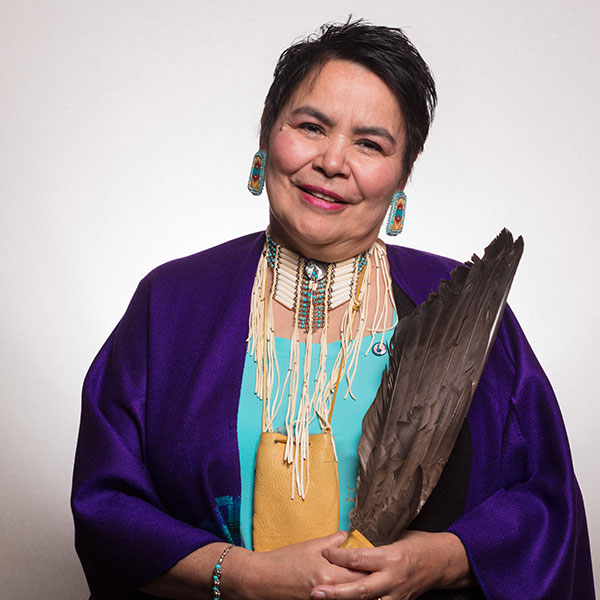
Elder Whabagoon
Ojibway Elder
Elder Whabagoon is an Ojibway Elder who sits with the Loon Clan, a Keeper of Sacred Pipes, a member of the Lac Seul First Nation and a 60’s Scoop survivor. Whabagoon is a writer, speaker, land defender and water protector.
Whabagoon is a community elder, and recently accepted the inaugural position of First Peoples Leadership Advisor, to the General Manager of Transportation Services, for the City of Toronto. She continues her advisory work with StreetARToronto, a suite of innovative programs designed specifically for streets and public spaces of the City of Toronto. Her advisory work is reflected in large mural projects such as the award-winning mural, Umbe Magada, which she curated with Que Rock at 1 Spadina Crescent and the Terry Fox Mural at 500 University Avenue. Elder Whabagoon also curated her own personal vision “Calling of the Four Nations” with StreetART, at the Aga Khan Museum in Toronto, in the Fall of 2022.
Whabagoon is the co-founder, co-lead, and Elder of Nikibii Dawadinna Giigwag. This 6-week program is an employment, mentorship, and pathway to post secondary education for Indigenous youth, at the University of Toronto and Faculty of Architecture, Landscape and Design. Nikibii Dawadinna Giigwag is celebrating its sixth year of success.
She has been honoured at High Table, Massey College, at the University of Toronto, for her community work, and was nominated for the BBVA Foundation 15th Edition of the Frontiers of Knowledge Award in the Music and Opera category for her ground-breaking work with the landmark World Premier First Indigenous Opera, Shanawdithit.
In her spare time, she loves to connect with all creation, share about her love of water and spending time with her husband, Karl, of 25 years.
